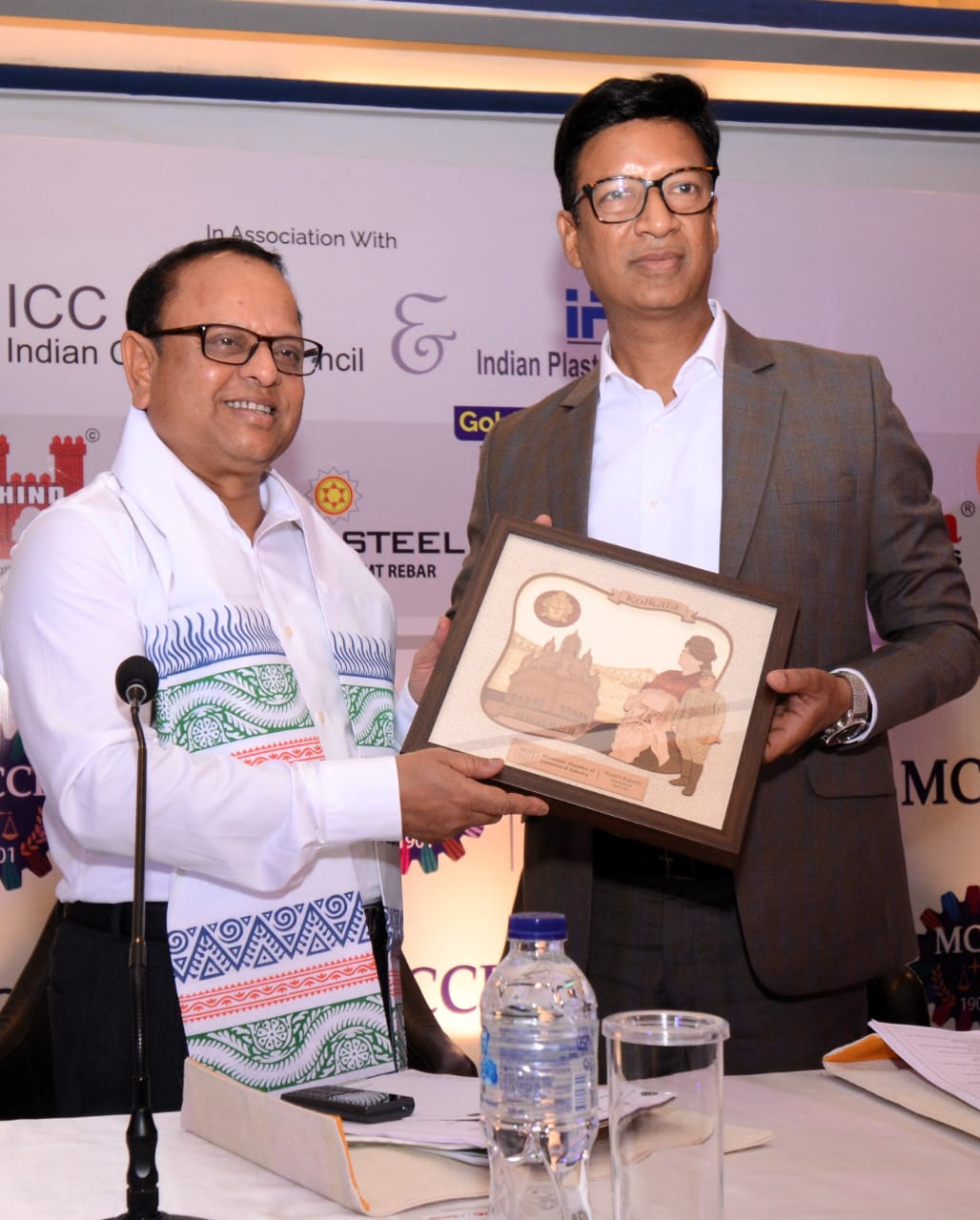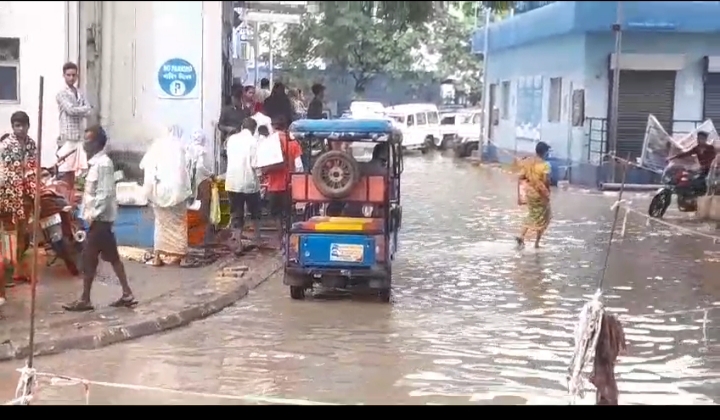MCCI is ready to plant 5000 trees in next few months
Merchants’ Chamber of Commerce & Industry, in association with Indian Chemical Council and Indian Plastics Federation, organised MCCI Conclave on Plastics & Chemicals on “Sustainable Growth Opportunities for Plastics & Chemical Sectors in West Bengal” on 15 July 2024 at The Park Hotel.
The Session was addressed by Md. Ghulam Rabbani, Hon’ble Minister of Environment, Government of West Bengal, Dr. Kalyan Rudra, Chairman & Dr. Rajesh Kumar, IPS, Member Secretary, West Bengal Pollution Control Board, Mr. Lalit Agrawal, President, Indian Plastics Federation and Mr. Debarshi Duttagupta, Chairman, Eastern Region, Indian Chemical Council.
Md. Ghulam Rabbani said that West Bengal Pollution Control Board has developed the most intensive air quality monitoring network in the country. Ambient Air Quality is regularly monitored at 83 locations. Department of Environment has also set up 4000 smokeless chullas around the State.
Md. Rabbani stated that as per the report, West Bengal has least pollution among other states in India. The State is already focusing on biodegradable and recyclable plastics. Industries in West Bengal should ensure regulatory compliance and adopt green technology in production. To achieve the sustainable goal, we need collaboration between Government, Industry and Civil Society.
Md. Rabbani informed that West Bengal is the sixth largest economy in India. The State has huge opportunities for industries specially in plastics and chemicals. Also, the State offers conducive business environment with adequate infrastructure and skilled labour.
Under the leadership of Hon’ble CM, the businesses will become the backbone of the State and the Government is here to serve them.
Dr. Kalyan Rudra, Chairman, WBPCB said that this is the era of plastics. Plastics waste remains in the soil for 1000 years. A mode of use of plastics is not sustainable. However, plastics waste should be used as resource and only then it can be sustainable.
Dr. Rudra expressed his concern that 85% of tap water in Europe and Australia has micro plastics.
Dr. Rajesh Kumar, IPS, Member Secretary, WBPCB said that WBPCB has encouraged the use of biodegradable plastics. The WBPCB also promotes jute bags and has set up vending machines for cotton bags in several markets.
He requested the audience to use jute and cotton bags instead of plastic bags. He further informed that SEBI has mandated that top 1000 companies will submit ESG compliance report.
Mr. Debarshi Duttagupta, Chairman, Eastern Region, Indian Chemical Council said that responsible core initiative to ensure compliance is important.
Mr. Lalit Agrawal, President, Indian Plastics Federation mentioned that in West Bengal there are 5500 polymer producing units and contributing 10% of India’s plastics need.
Shri Namit Bajoria said that India is the world’s third-largest consumer of plastics, contributing 1.1% to the country’s GDP, and is expected to reach USD 30 billion by 2025 with growth at a CAGR of 10.5% between 2020 and 2025.
India ranks third in the production of chemicals in Asia, contributing 3.4% to India’s GDP, the sector is expected to reach USD 304 billion by 2025 with growth at a CAGR of 9.3% between 2020 and 2025.
Shri Abhishek Kumar Agarwal said that the market size of plastics is close to Rs. 3.6 lakh crore and can grow to Rs. 5.7 lakh crore by 2030, with both demand and consumption growing at two times the GDP rate. The Indian chemicals industry has been a global outperformer in terms of demand and shareholder wealth creation for more than a decade. Chemicals contribute 7% of India GDP with an industry size of Rs. 25 lakh crore.
The Session concluded with a hearty Vote of Thanks, proposed by Mr. Avishek Himatsingka, Co-Chairman, Council on Plastics & Chemicals, MCCI.




